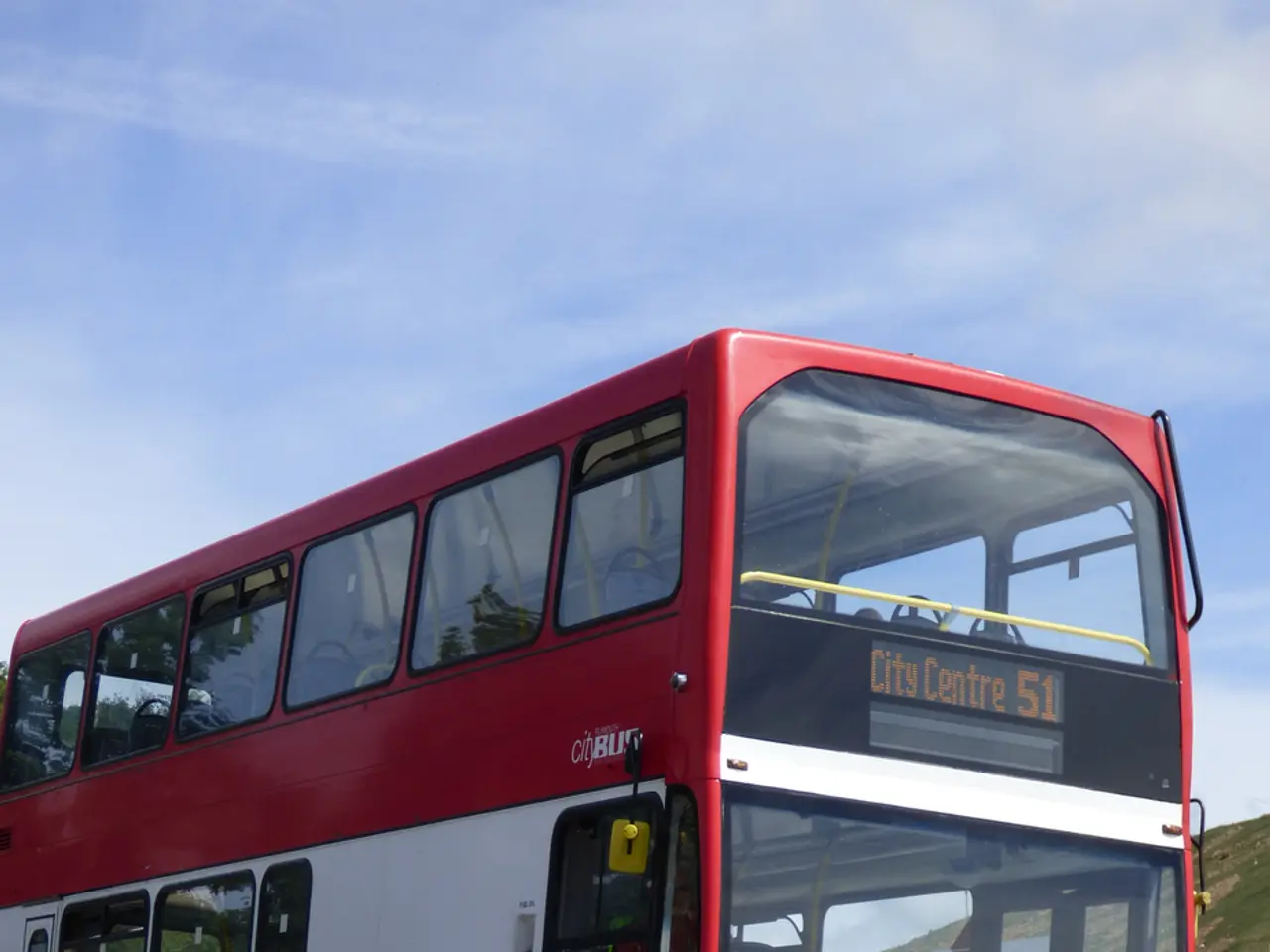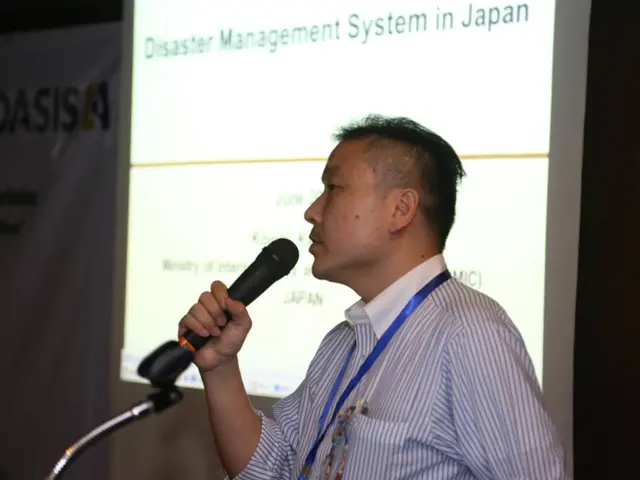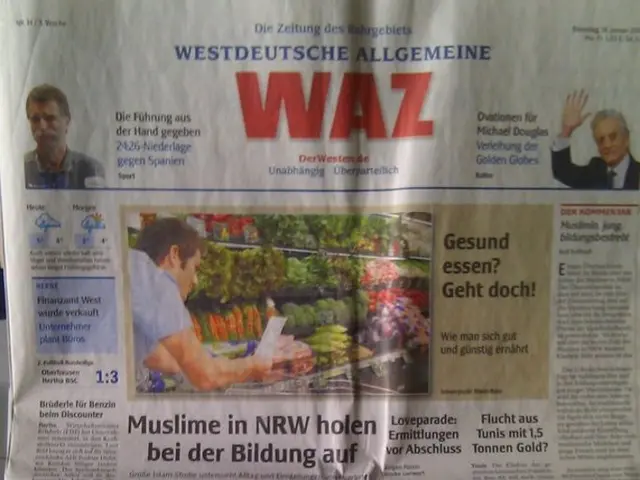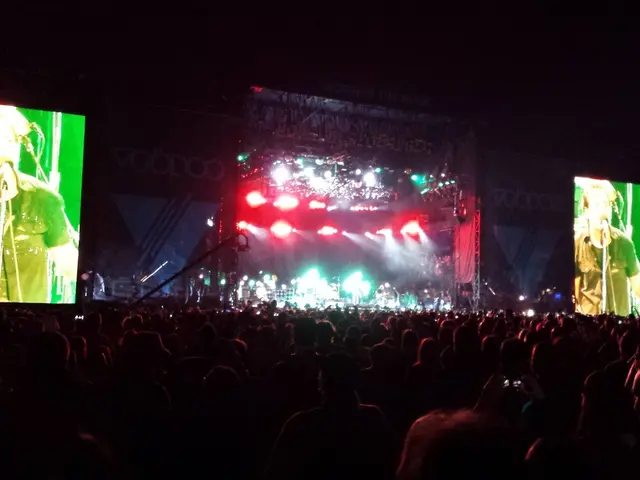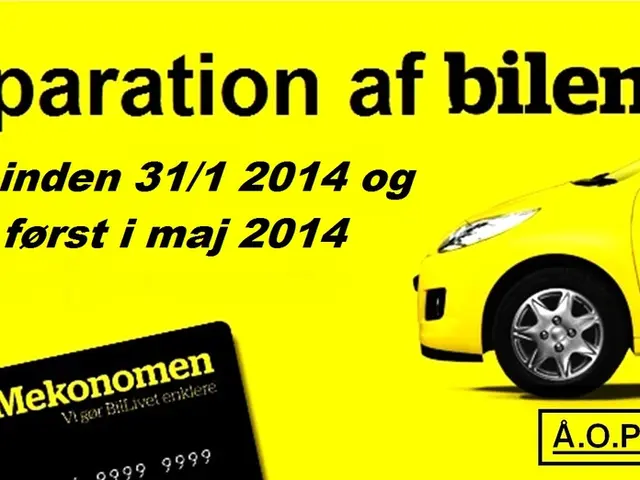Tariff region Westphalia witnesses escalating costs - Westphalian network experiencing price hikes
In a move aligned with inflation and cost coverage, public transport fares in the Westphalia Tariff Association (WestfalenTarif) will see an increase of 5.29% starting August 1, 2025. This adjustment affects regions such as Münsterland/Ruhr-Lippe, Paderborn/Höxter, Westfalen-Süd, and Ostwestfalen-Lippe.
The increase is part of a wider update throughout North Rhine-Westphalia's (NRW) public transport associations, which include VRR (Rhine-Ruhr area) and WestfalenTarif (Westphalia region). In the VRR area, a price cap system has been implemented for certain ticket types, such as the eezy tariff, to protect passengers from excessive fare increases.
WestphaliaTarif, serving the western part of NRW outside VRR, is likely to reflect local cost structures and service demands, with impacts possibly differing from other NRW regions. The gradual fare changes typically accommodate inflation trends in Germany, where consumer price increases hover around 2-3%, but public transport costs often grow faster due to infrastructure investments and energy prices.
However, some regions will see more moderate increases or no increase at all. For instance, companies in the Münsterland - Ruhr-Lippe and southern Westphalia regions will completely waive the required fare increase. In Ostwestfalen-Lippe and the districts of Paderborn and Höxter, there will be very moderate price increases of between 0.9% and 2% for a few exceptions due to economic necessities.
Notably, the Westphalian fare societies and transport companies have agreed not to implement any price increases on January 1, 2026, to avoid burdening customers excessively. This means that some customers may face two fare increases within a few months due to the initial increase on August 1 and the potential increase on January 1.
Despite these increases, the price of the regular Germany ticket remains unchanged at 58 euros per month. The transportation association had previously announced these individual adjustments to fares and tickets, citing rising costs for personnel, fuel, energy, and high investment needs in the transportation sector as the primary reasons. Further details would generally be published by the Westphalia Tariff Association or transit authorities directly.
In the future, the date for price increases in the Westphalia Tariff Association will be aligned with the other three associations (VRR, VRS, and AVV), to be on January 1, instead of August 1 as previously set. This move aims to provide clarity and predictability for passengers.
- The Westphalia Tariff Association's policy on vocational training might focus on equipping transportation employees with necessary skills to manage increased costs, given the frequent adjustments in public-transit fares.
- To address the financial implications of regular fare increases, the community might consider providing vocational training programs in finance for transportation officials, enabling them to make informed decisions about budgeting and cost coverage.
